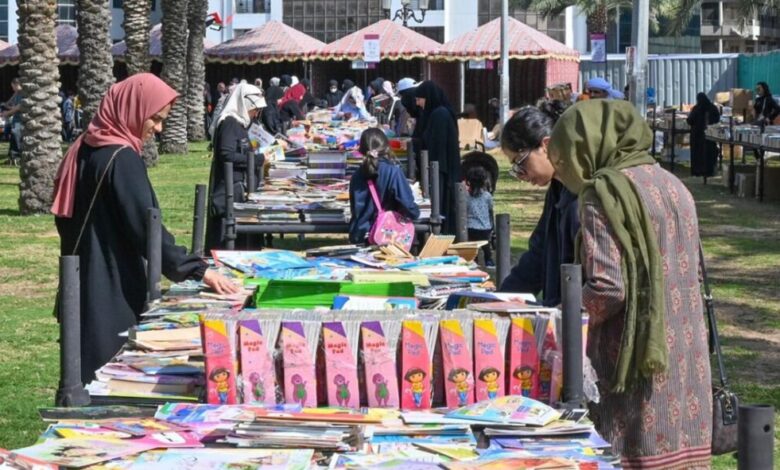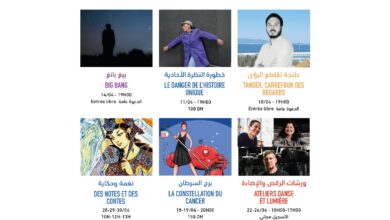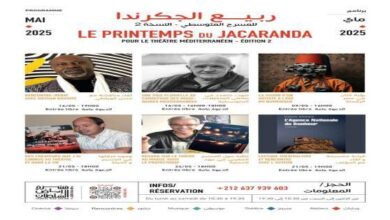Sharjah Launches the Inaugural African Literature Festival with the Theme “The Tale of Africa”

The first edition of the Sharjah African Literature Festival will take place from January 24 to 27 under the theme “The Tale of Africa.” Organized by the Sharjah Book Authority, this event will bring together around twenty African authors and novelists, including several Nobel Prize laureates in literature, with the aim of strengthening cultural exchanges between Africa and the Arab world. The festival also seeks to celebrate Africa’s literary heritage and foster constructive dialogue among writers, intellectuals, artists, and the public.
According to the organizers, this festival presents a unique opportunity to encourage participants to gain new knowledge and build cultural bridges between the Arab world and Africa, all within an atmosphere that honors creativity and diversity.
Among the distinguished guests are two Nobel Prize laureates in literature: Tanzanian Abdulrazak Gurnah and Nigerian Wole Soyinka, alongside renowned Emirati writers. These figures will shed light on the role of African literature and art in enriching the global cultural landscape.
During her speech, Sheikha Bodour Al Qasimi, Chairperson of the Sharjah Book Authority Board, emphasized that the festival illustrates the power of literature to build bridges between continents and reveal shared human truths. “By celebrating the immortal heritage of African novels, we transcend cultural divides and honor the boundless creativity that defines our collective heritage,” she remarked. She also highlighted that this event opens new channels for cultural exchange, fostering greater understanding and mutual appreciation between Africa and the Arab world.
For his part, Ahmed Bin Rakkad Al Ameri, CEO of the Sharjah Book Authority, stated that hosting this inaugural edition reflects the Authority’s commitment to enhancing cultural exchanges on an international scale by spotlighting the literature of African nations, a heritage deeply rooted in humanity’s collective memory. He added that the festival aims to promote the exchange of expertise among writers, publishers, researchers, and the general public, thereby enriching the body of knowledge about African literature and paving the way for a new model of cultural relations based on recognition and appreciation of creative heritage.
The festival program will be rich and varied, featuring literary talks, children’s workshops, musical performances, and culinary workshops dedicated to African gastronomy, all designed to enhance interaction between Emirati and African societies.





